Boxing’s Great Equalizer: The Internet
As a boxing writer I can attest first hand that the internet is both a wonderful and a terrible thing, though mostly wonderful. It not only lets talented writers and personalities audition for market and consumer driven glory, it also (unfortunately) allows for some base and cruel behavior to be inflicted without consequences. For instance, the internet allows my work to be read by more people in one week than if I had written a New York Times best seller. On the other hand, it’s allowed some sadistic types to say some pretty sadistic (though sometimes inadvertently humorous) things about me. C’est la vie. Bottom line: the pros outweigh the cons. If given the choice, I would definitely opt to keep the internet around.
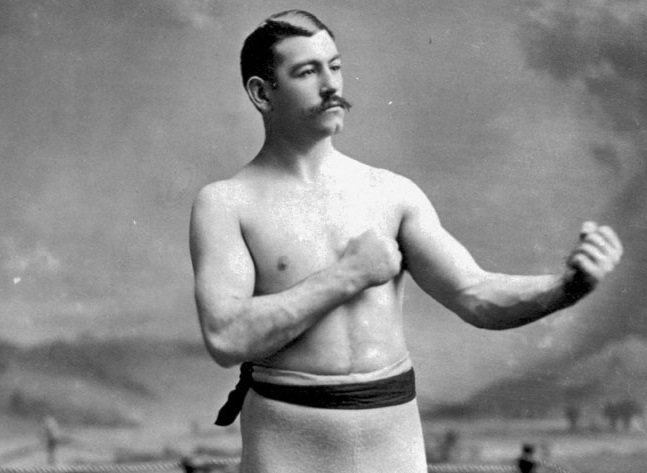
And so, I think, would most fight fans. For as corrupt as boxing can sometimes be – and we all know it can be damned corrupt – the internet, and specifically social media, now acts as the great equalizer. Let’s face it, boxing has never been as honorable as it should and could have been. John L Sullivan could get away with not fighting Peter Jackson simply because Jackson was black. Jack Dempsey could literally go years without defending the heavyweight title. The WBC could be…well…the WBC. Now, however, there’s consequences for not doing the sport right.
While it’s true fighters can still be avoided, bad decisions can still plague the sport and sanctioning bodies can still make up the rules as they going along, there are now enormous backlashes to accompany such indiscretions. And, believe it or not, boxing’s powers-that-be are paying attention.
What else could explain Adonis Stevenson and Billy Joe Saunders trying to let the world know they aren’t afraid of the likes of Sergey Kovalev and Gennady Golovkin respectively? Before the internet, there’d have been murmurs of discontent among some fans and pundits for the alleged ducking, but that would be about it. With things like Twitter now acting as an international microphone, the complaints won’t go away. In a sense, top fighters are now held accountable like never before.
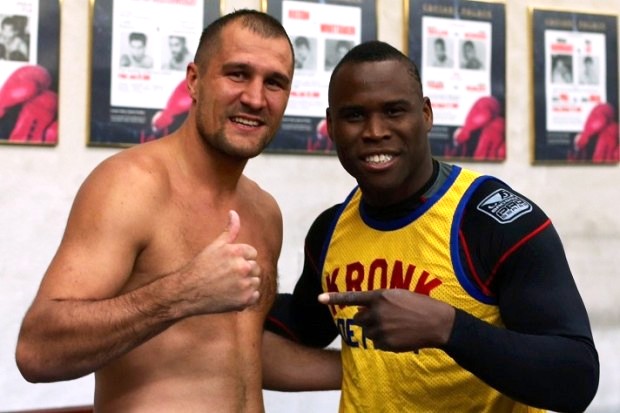
And that means legacies can be harmed and people who would have once gotten a pass will no longer get one. Want to know how effective the internet is? Take a look at the case of Jack Dempsey, a legitimately great heavyweight champion. Dominant though he was, Dempsey went from 1923 to 1926 without making a title defense. For starters, such a thing wouldn’t be allowed today, but today’s fans wouldn’t need a sanctioning body to bring matters to a head. They would take to Twitter and stage a mass and endless protest. Dempsey was fond of Hollywood in his lifetime. He wouldn’t be able to show his face in public today without fighting at least once or twice a year.
Similarly, while most knowledgeable fans today take the fact that Muhammad Ali won his second fight with Joe Frazier by unanimous decision, it’s hard not to imagine the bout being far more controversial had it occurred in our current day and age. Why? Because many fans would have undoubtedly taken to their keypads to vent about Ali’s holding throughout the match. Whether you feel The Greatest got away with murder that night or not, it’s hard to deny that quite an uproar would be heard if the fight occurred in 2016 instead of 1974.
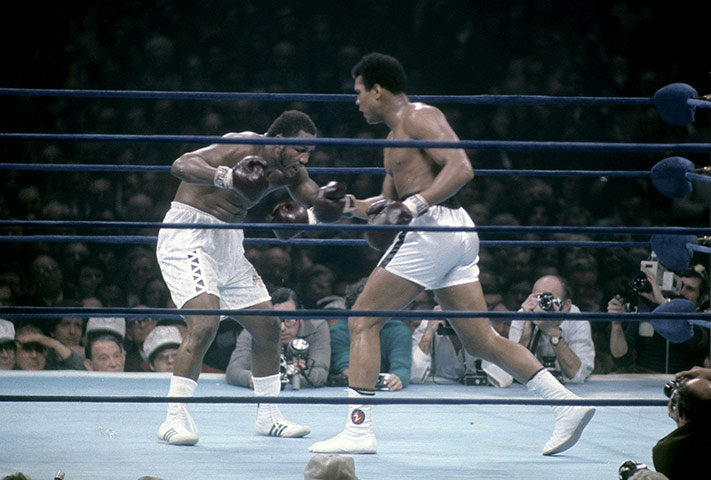
Yet, as I stated earlier, the internet has its downside. Although boxing fans are refreshingly un-PC, fighters can still get themselves in hot water for unrestrained Tweets or random comments caught on cell phone cameras. What’s more, the public isn’t always right in all matters. Just because an impromptu Twitter mob decides that a boxer was the victim of a bad decision doesn’t make it so. Indeed, group-think runs the risk of turning boxing into a popularity contest of sorts, even more so than it’s always been.
Still, I think it’s for the best that the internet has latched onto the sport we love. It may not keep people honest, but it keeps people from hiding in the shadows. It also gives fighters out of favor with the powers that be the support they may need. It’s a powerful tool, the internet, and it’s made boxing a better sport. It’s been said that no one cares about boxing’s fans these days, and sadly, there’s a lot of truth to that statement. Yet the internet is a giant-sized microphone, and if the powers-that-be can’t be made to change their minds and business practices, they can most certainly be made to listen up. — Sean Crose

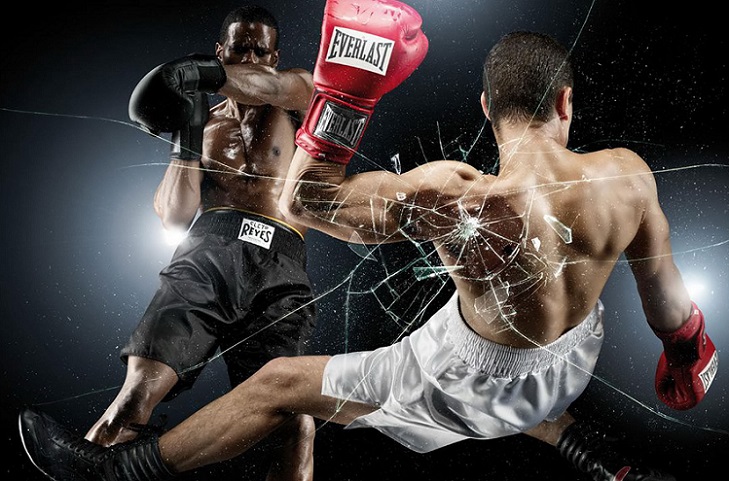

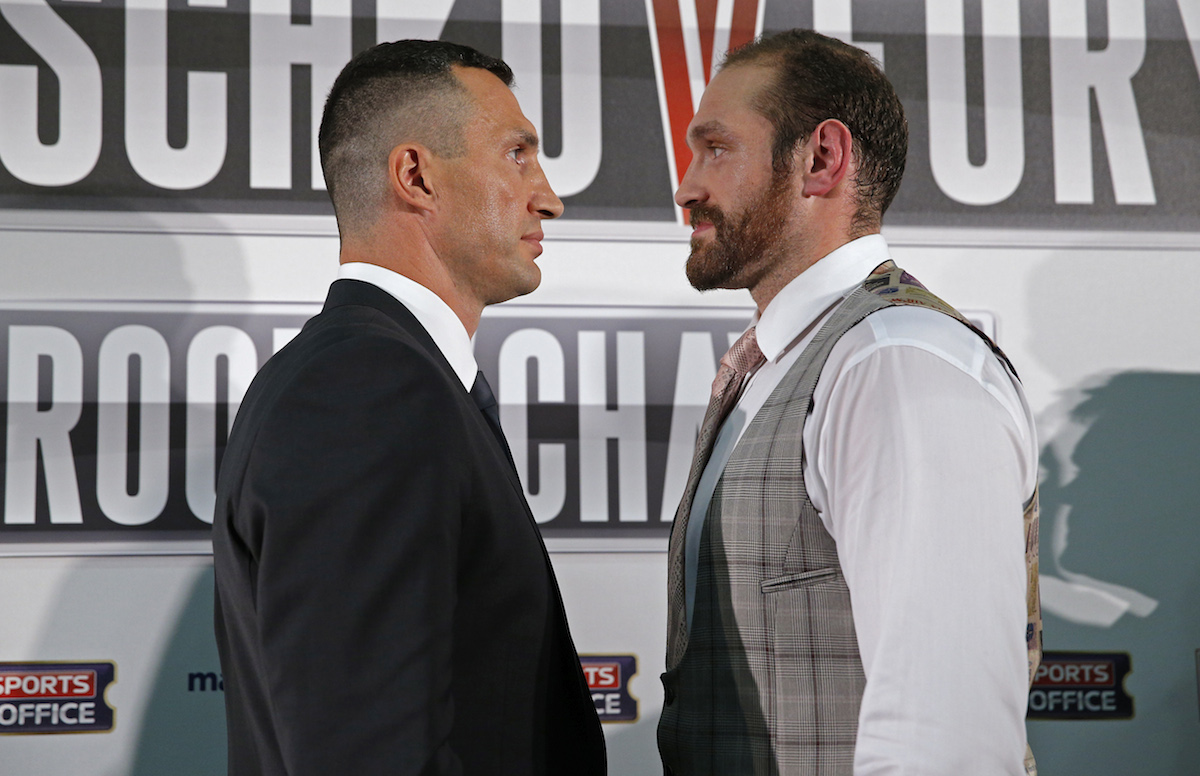
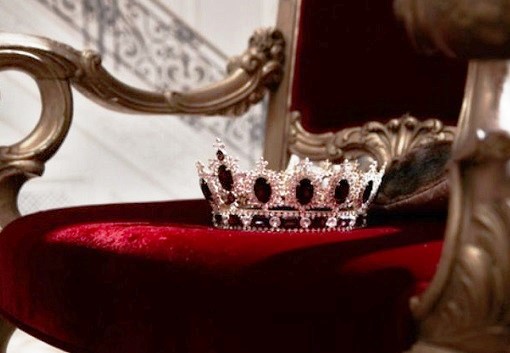
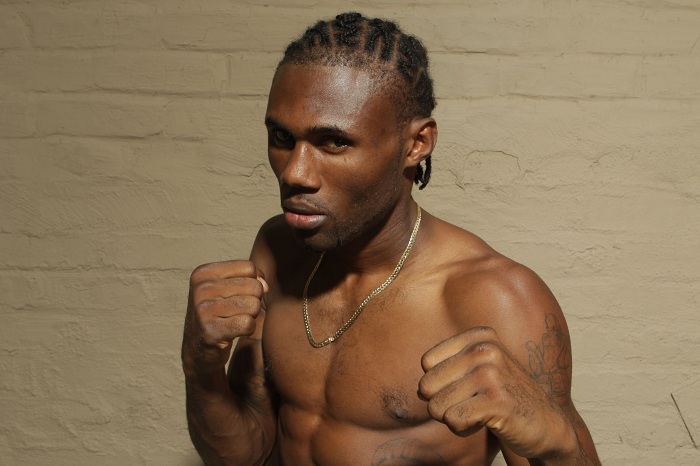
Really liked this article it was well written and you brought up some very important points. Things like Sullivan getting away with not fighting Jackson are important for the not just boxing but for humanity in general…I think.